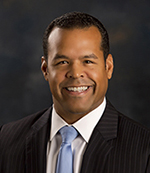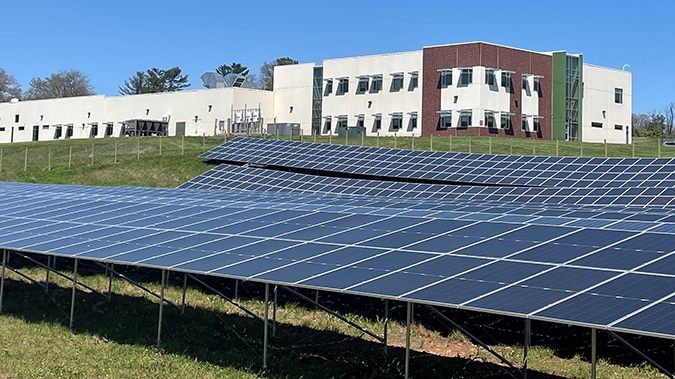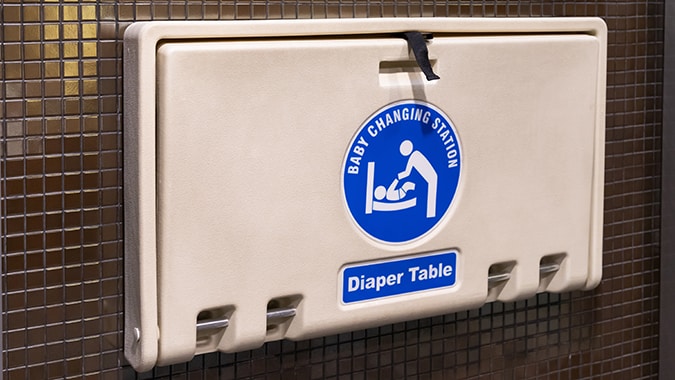
On behalf of our member companies that provide more than 1 million jobs in the state and make the New Jersey Business & Industry Association the largest statewide business association in the country, I am writing to share the following concerns on Senate bill 4167.
The bill would require privately owned petroleum refineries and petrochemical facilities to pay workers employed by outside contractors at least the prevailing journeyperson wage rate for the occupation, or be registered in a registered apprenticeship program.
The bill would also require apprentices be registered in approved advanced safety training for workers at high hazard facilities.
The bill would, lastly, require at least 60 percent of the journeypersons working for a contractor be graduates of a registered apprenticeship program as of January 1, 2023.
NJBIA has the following concerns with the bill.
First the bill would expand prevailing wage requirements to private sector employers and drive up the cost of contracts.
The prevailing wage act requires payment of minimum rates of pay to laborers, craftsmen and apprentices employed on public works projects. Covered workers must receive the appropriate craft prevailing wage rate as determined by the Commissioner of Labor and Workforce Development. Prevailing wage rates are wage rates based on the collective bargaining agreements established for a particular craft or trade in the locality in which the public work is performed. In New Jersey, these rates vary by county and by the type of work performed.
Additionally, public works projects subject to the act are those funded in whole or in part with the funds of a public body.
Under S-4167, private sector employers, that may not have a connection to any public funds and do not have any input on collective bargaining agreements that establish the prevailing wage rates, would be required to pay prevailing wage.
Second the bill does not give any consideration for facility shutdowns or other emergency situations. This was recognized in California’s law which provides an exception to the extent that compliance is impracticable because an emergency requires immediate action to prevent harm to public health or safety or to the environment.
Finally, the requirement that 60 percent of skilled journeypersons shall be graduates of an apprenticeship program for the applicable occupation is essentially forcing private employers to hire unionized contractors at the detriment of non-union contractors.
For these reasons, NJBIA opposes S-4167 and respectfully asks for the bill to be held for further discussion and consideration.




